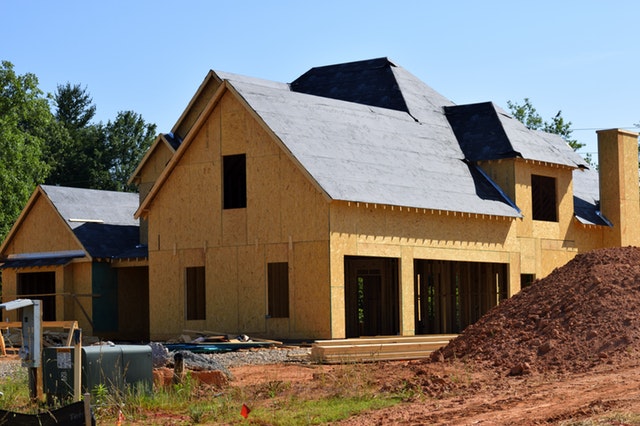Millennial Home Buyers: What You Need To Know
 In the past, you’ve likely read about how the Millennial generation is opting to rent rather than buy property. While this still holds true for many Millennials, the fact is that a growing number of this generation is making the leap into buying.
In the past, you’ve likely read about how the Millennial generation is opting to rent rather than buy property. While this still holds true for many Millennials, the fact is that a growing number of this generation is making the leap into buying.
In fact, according to Inc., Millennials today represent the largest demographic of new home buyers, responsible for about 35 percent of all real estate purchases. (For comparison’s sake, Gen X’ers are responsible for about 25 percent of the buyer’s market.)
What’s more is the Millennial home buyers have been trending upwards for about four years now, and this trend is expected to continue beyond 2018. Noting this, it makes sense to get to know the Millennial generation and what they’re looking for in a home.
Here’s a closer look:
Straight To The ‘Forever Home’
Hampered by the Great Recession, it’s no secret that Millennials opted to rent, rather than buy, at the tail end of the 2000s. But now Millennials are ready to buy, and they’re not necessarily going for the starter home. No, they’re going right for the forever home.
This is largely because they’re now spending the money that they accrued from saving in rent or from living with their parents for all these years. Many have also moved beyond entry-level positions.
The Connected Home
It’s estimated that more than 13 million Americans currently work from home, a trend that emerged with the Millennial generation and is likely to continue. Noting this, Millennials tend to like the concept of the “smart home.” That is, they desire fast Internet service, smart thermostats and appliances, and energy-efficient features. Young professionals increasingly are working out of the home, so they want their homes to work better for them.
Low Maintenance
What else do Millennials look for in a home? Low maintenance is key. Young professionals are typically very busy starting out their careers, so much so that they don’t necessarily have time to take on a fixer upper. That said, they want a house that is close to move-in ready, has newer appliances, and updated kitchens and bathrooms.
Online Appeal
It’s estimated that up to 95 percent of Millennials rely on the Internet to view listings during the home buying process. Further data states that about 65 percent of buyers walked through a home after viewing it online, and more than 75 percent at least drove by a home after seeing the online listing.
Bottom line: If you’re selling your home these days, make sure that it shows well online. Take pictures with a quality camera and make sure you’re doing it in the right lighting for the best results.
Whether you are in the market to buy a new home or refinance your existing property, be sure to contact your trusted mortgage professional for a pre-approval and financing options.

 The housing market has been trending in a positive direction and economic indicators point to new home construction going vertical.
The housing market has been trending in a positive direction and economic indicators point to new home construction going vertical. Last week’s economic readings included reports on sales of new and previously-owned homes, and weekly reports on mortgage rates and first-time jobless claims.
Last week’s economic readings included reports on sales of new and previously-owned homes, and weekly reports on mortgage rates and first-time jobless claims. Homeowners are well aware that peripheral costs swell over time and can put a strain on incomes. Utility bills increase, home insurance creeps up annually and taxes rise with the cost of schools and road repair.
Homeowners are well aware that peripheral costs swell over time and can put a strain on incomes. Utility bills increase, home insurance creeps up annually and taxes rise with the cost of schools and road repair. There’s an idea running through marketing and business circles that anything that is popular, the opposite will likely be popular as well.
There’s an idea running through marketing and business circles that anything that is popular, the opposite will likely be popular as well.